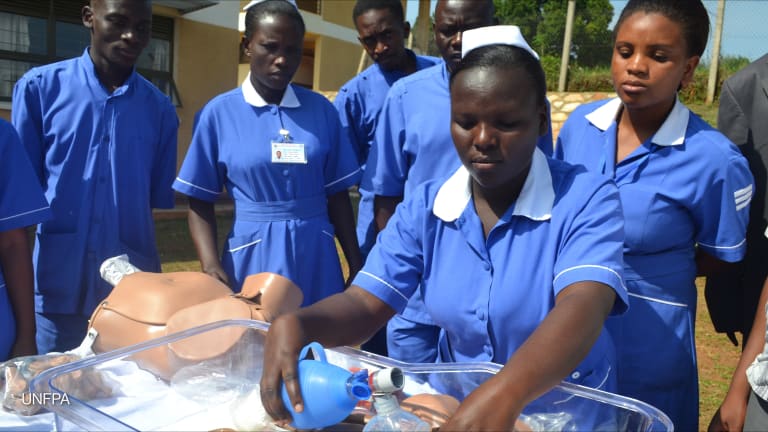The United Nations Population Fund is undertaking major organizational changes that would see a quarter of staff positions in its New York headquarters moving to Nairobi by 2025, a decision being contested by staff.
Staff members Devex spoke to said there was a lack of consultation on the decision to relocate, and it’s unclear what the benefits of the move are.
They are concerned about the repercussions it will have on women’s and girls’ sexual and reproductive health and rights with the significant loss of staff involved in influencing policy and agenda setting in New York. Some have concerns about relocating to Kenya given the country’s pushback on LGBTQ+ and women’s rights.
Printing articles to share with others is a breach of our terms and conditions and copyright policy. Please use the sharing options on the left side of the article. Devex Pro members may share up to 10 articles per month using the Pro share tool ( ).








